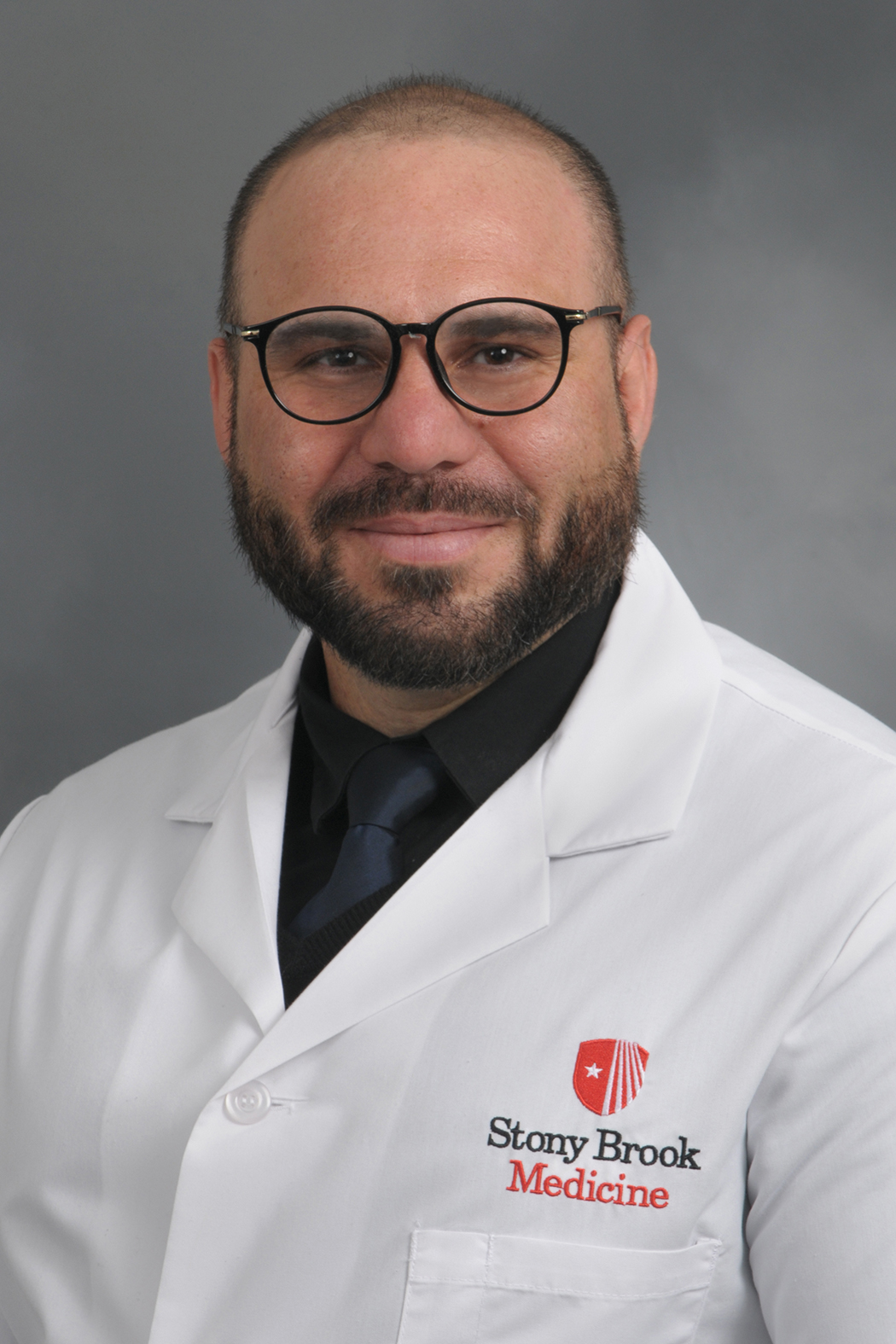Office
(631) 216-2920
Email
Mehdi.Damaghi@stonybrookmedicine.edu
Stony Brook Cancer Center
MART building, 9th floor, 9M0802
Lauterbur Drive
Stony Brook, NY 11794-7263
Attention: PhD and postdoc position is available!
Please contact Dr. Damaghi directly with your CV
and three letters of recommendations.

Mehdi Damaghi, PhD
Associate Professor, Department of Pathology,
Renaissance School of Medicine at Stony Brook University
Research Program
Lipid Signaling and Metabolism in Cancer
Department
Pathology
Research Interest
Evolution of metabolic phenotypes in variable tumor microenvironment
The central aim of my lab research is to use ecological-evolutionary principles to understand molecular mechanism of breast and ovarian cancer initiation, progression, and metastasis through adaptation to microenvironment. I hypothesize that evolution of new metabolic phenotypes under variable microenvironment selection can drive cancer through metabolic reprogramming linked to epigenetics and transcription factors activation and stabilization.
We study how the tumor adaptation can shape the new microenvironment and metabolism that shape emerging selective pressures. This interplay between tumor cells and microenvironment plays a fundamental role in development of ever-changing tumor ecosystem leading to more genotypic heterogeneity and phenotypic plasticity. We use integration of single cell genome, epigenome, transcriptome, proteome and metabolome, and pathomics analysis to capture the heterogeneity and plasticity of cancer cells in their natural context. These are the four main projects in the lab:
Project 1: Ecology and Evolution of Breast Carcinogenesis
Project 2: Metabolic phenotypes present in DCIS to stratify Disease progression and upstaging
Project 3: Co-evolution of tumor and stroma in breast cancer
Project 4: Evolution of resistant phenotype to PARPi in ovarian cancer: genotypic heterogeneity vs phenotypic plasticity
Education
BSc in Molecular and Cell Biology-genetics, Chamran University, Ahavz, Iran
MSc in Biochemistry, TMU, Tehran, Iran
PhD in Cell Biology and Genetic Engineering, Max Planck Institute, Dresden, Germany
Publications
A complete list of publications can be found HERE.

